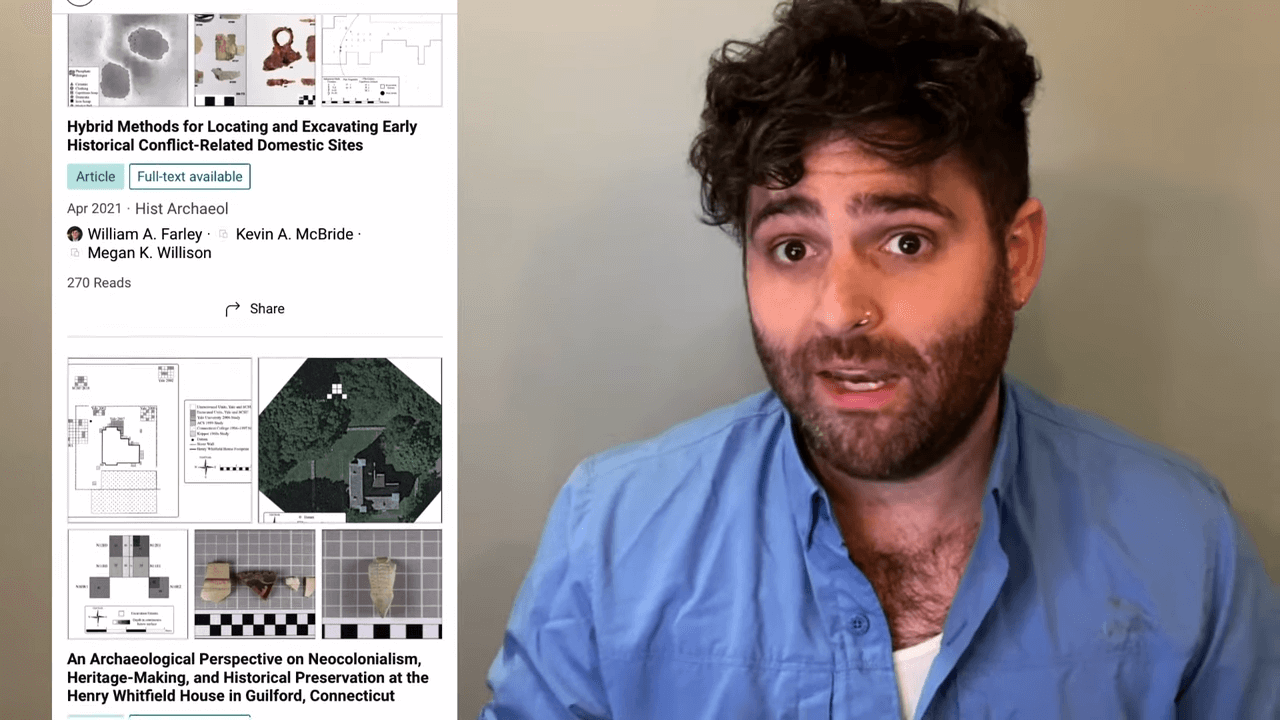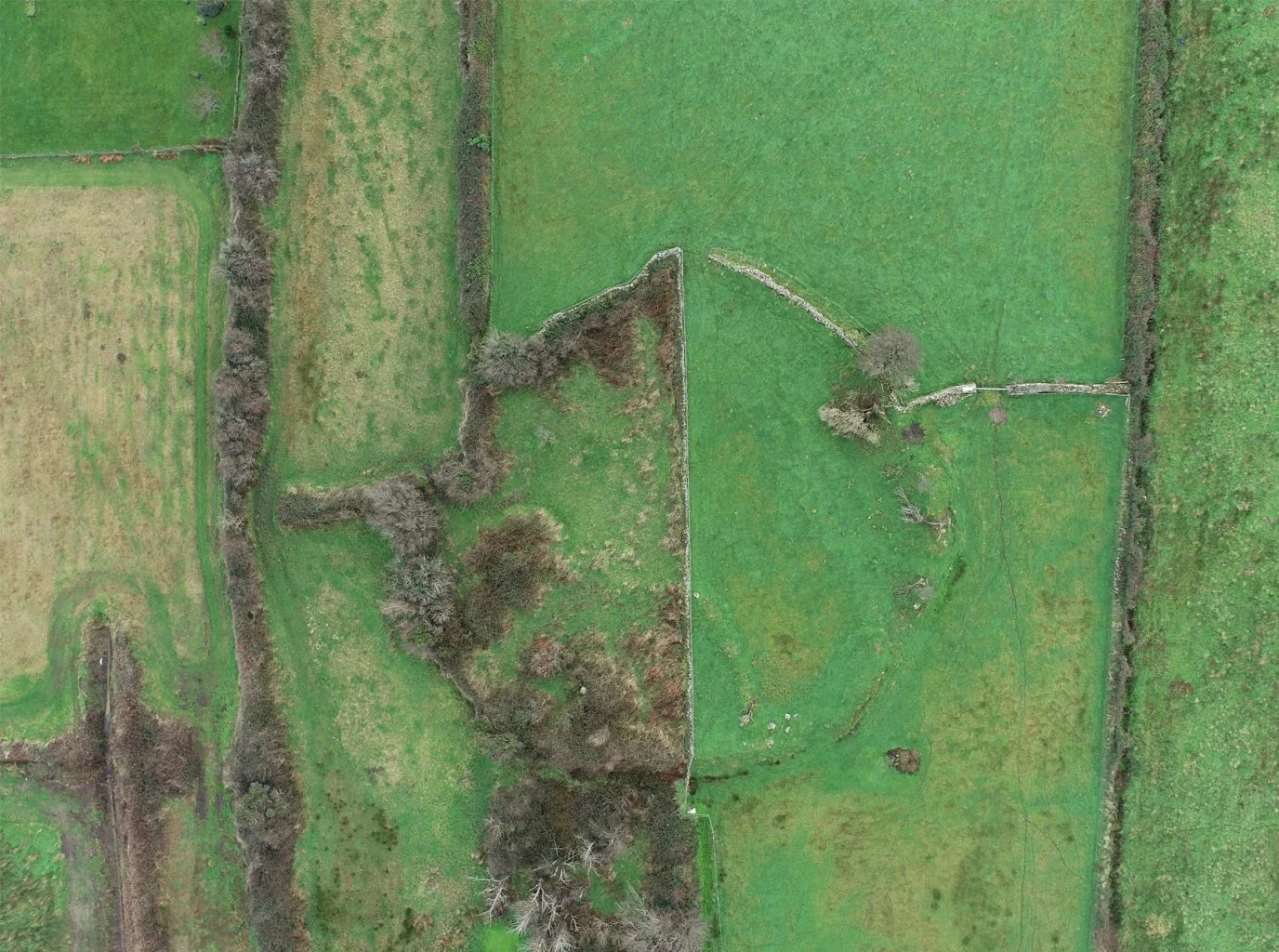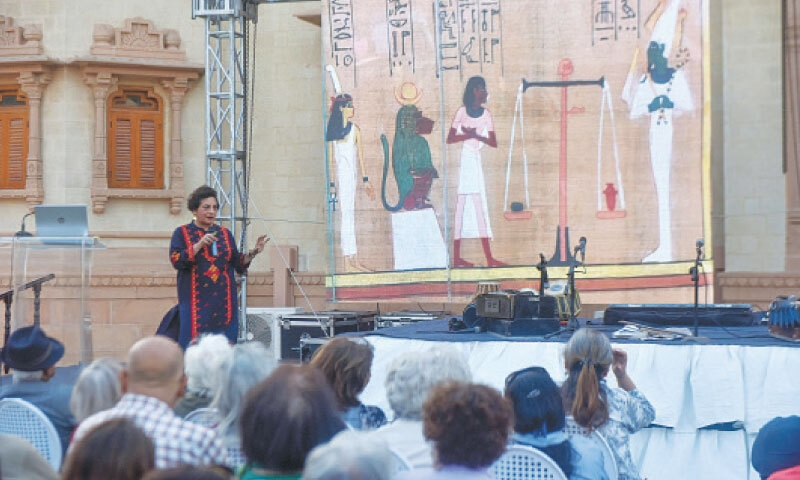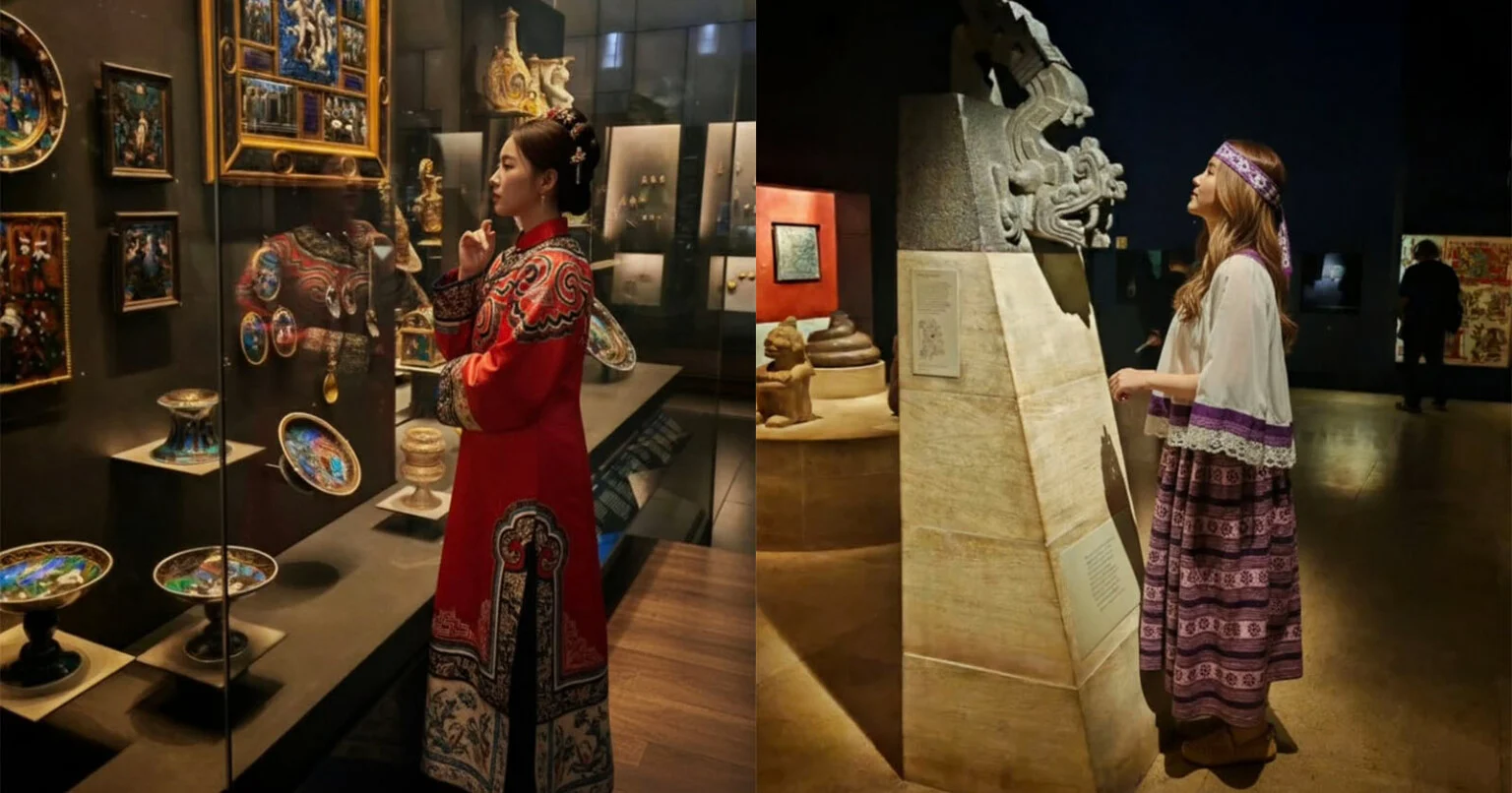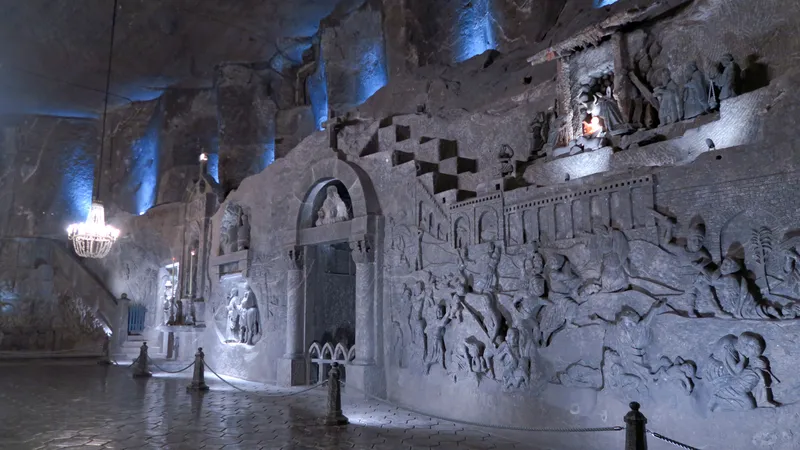The Graham Hancock-directed Netflix documentary "Ancient Apocalypse" has sparked a significant whirlwind of controversy and debate in the constantly evolving field of historical and archaeological discourse. Hancock, a figure synonymous with the fringes of archaeological theory, brings to the fore his convictions on ancient civilizations, embedding them within the fabric of this visually compelling series. His stance, reminiscent of theories that have long been subjects of skepticism among mainstream scholars, propels us into the heart of a discussion that straddles the fine line between revolutionary thought and parascientific conjecture.
Graham Hancock is no stranger to the realm of pseudo-archaeology. With a portfolio that encompasses writings on archaeology, ancient aliens, and the mythos of Atlantis, his work has often skirted the boundaries of conventional historical and archaeological scholarship. "Ancient Apocalypse" serves as a visual extension of Hancock's literary oeuvre, dredging theories from the depths of the 19th century and earlier and presenting them afresh to a contemporary audience.
The response from the academic community to Hancock's assertions has been robust and multifaceted. Flint Dibble's archaeological takedown exemplifies the critical reception, offering a detailed counter-narrative that roots itself in established research and methodologies. Similarly, Jason Colavito's contextualization of Hancock's theories within the broader history of conspiracy thought provides insightful commentary on the allure and persistence of such ideas within public consciousness.
At the heart of archaeological practice lies a commitment to collaboration, openness, and the dissemination of knowledge. Contrary to the insular, secretive cabal that Hancock's narrative might suggest, the archaeological community is noted for its interdisciplinary engagement and its efforts to make research findings accessible to the public. Platforms like JSTOR and EBSCOhost are testament to this ethos, enabling anyone with a spark of curiosity to delve into the annals of human history.
Hancock's narrative and persona have found resonance within certain circles, drawing comparisons to figures in the so-called intellectual dark web, such as Ben Shapiro and Jordan Peterson. This alignment with conservative thinkers raises questions about the broader implications of Hancock's work and its potential influence on public discourse. The concerns extend beyond the realm of academic debate, touching on issues of the inadvertent endorsement of ideologies antithetical to the principles of inclusive and objective scholarship.
The criticisms leveled at Hancock's work underscore the need for vigilance in the face of theories that, while captivating, may harbor unintended consequences. The association of Hancock's ideas with white supremacists and other hateful groups presents a stark reminder of the responsibility that comes with public scholarship. It is imperative that such connections are not only acknowledged but actively repudiated to ensure that the pursuit of knowledge does not become a vehicle for division or intolerance.
In the final analysis, "Ancient Apocalypse" and Hancock's broader corpus invite us to reflect on the nature of historical inquiry and the ethical considerations that underpin public engagement with the past. While the allure of hidden truths and ancient mysteries is undeniable, the pursuit of understanding must be grounded in respect for evidence, diversity of perspectives, and a commitment to scholarly integrity. As we navigate the murky waters of pseudo-archaeology and its implications, let us remain steadfast in our dedication to unearthing not just the secrets of the past but also the principles of truth and inclusivity that should define our future.



